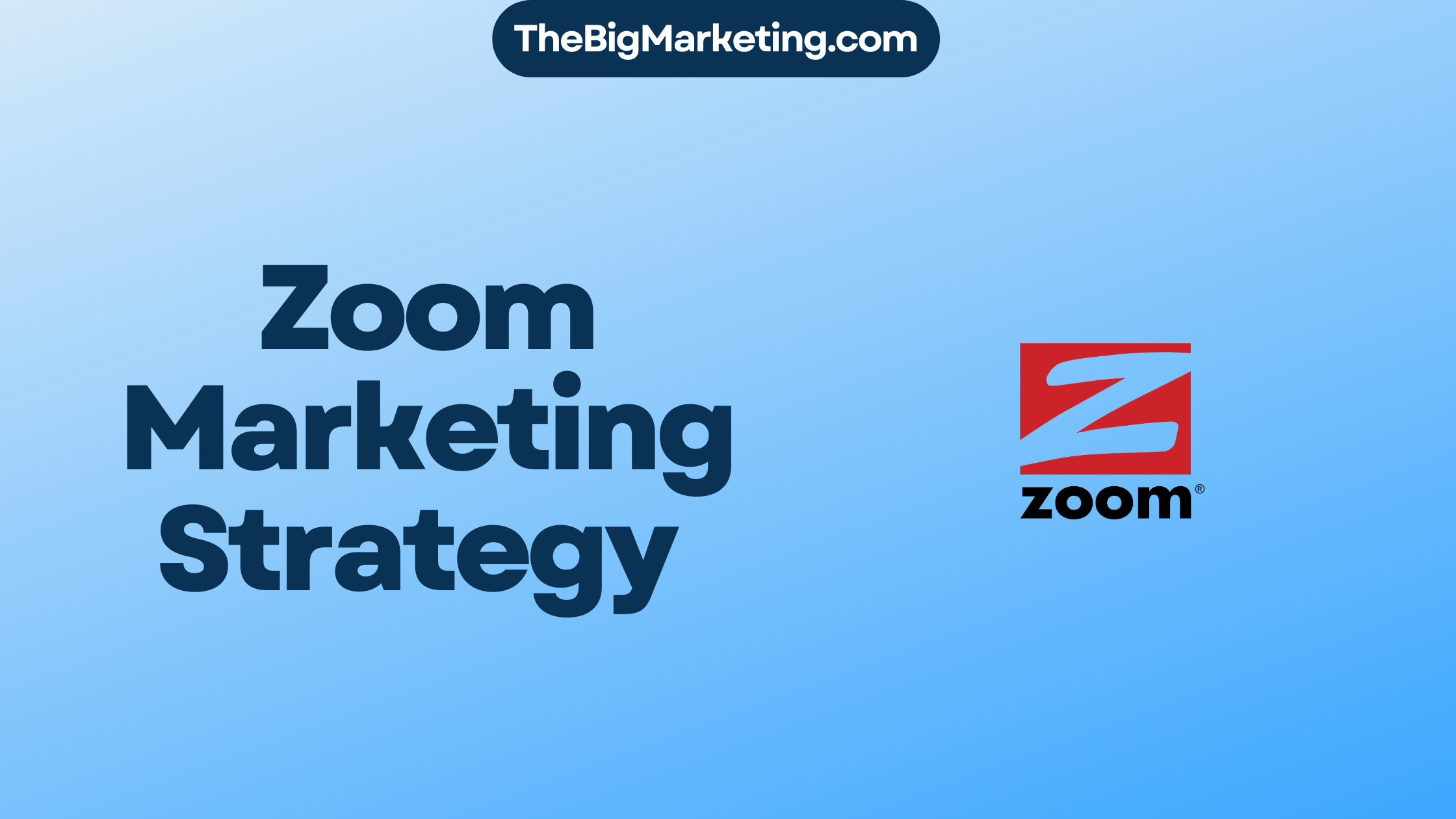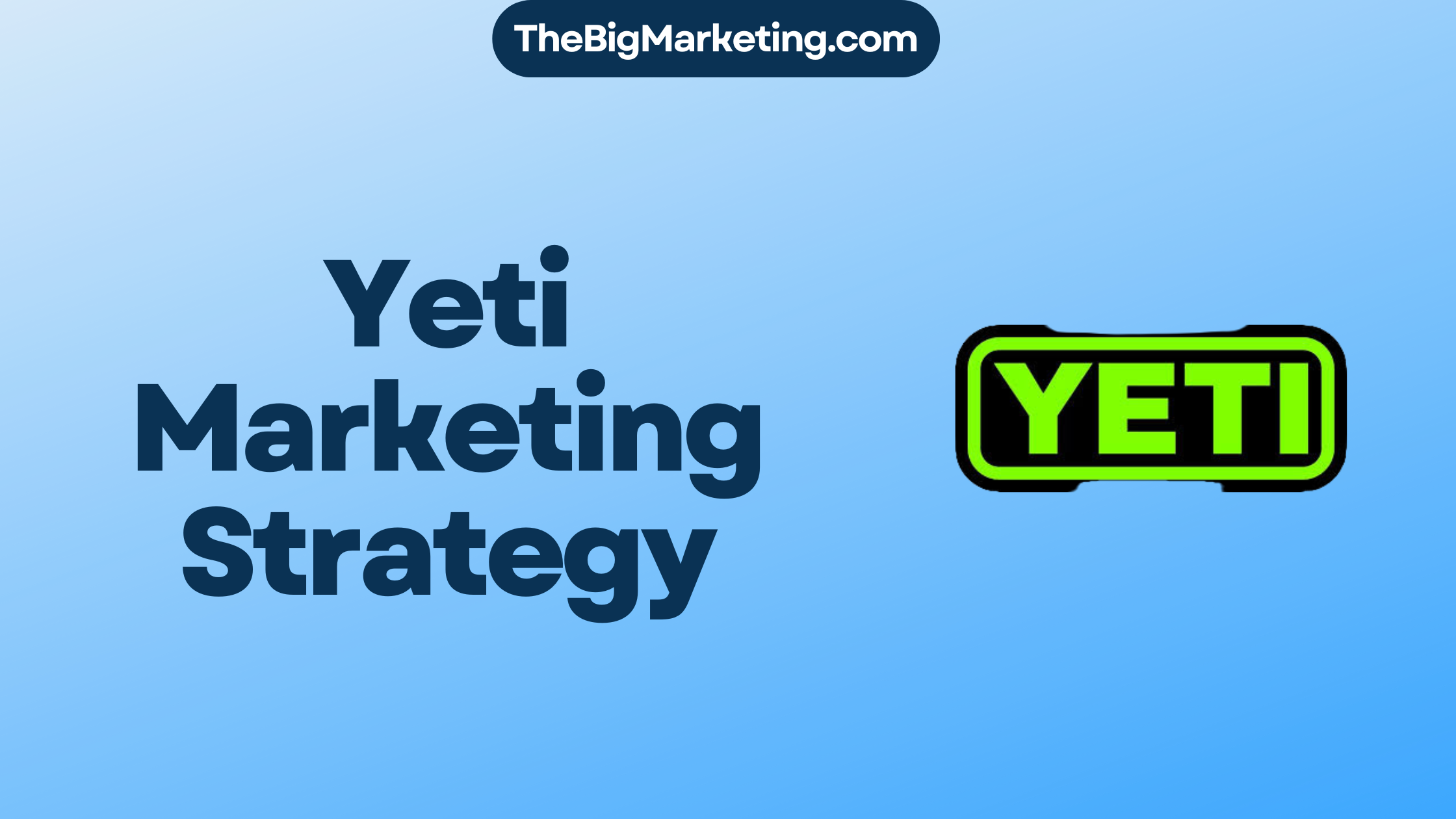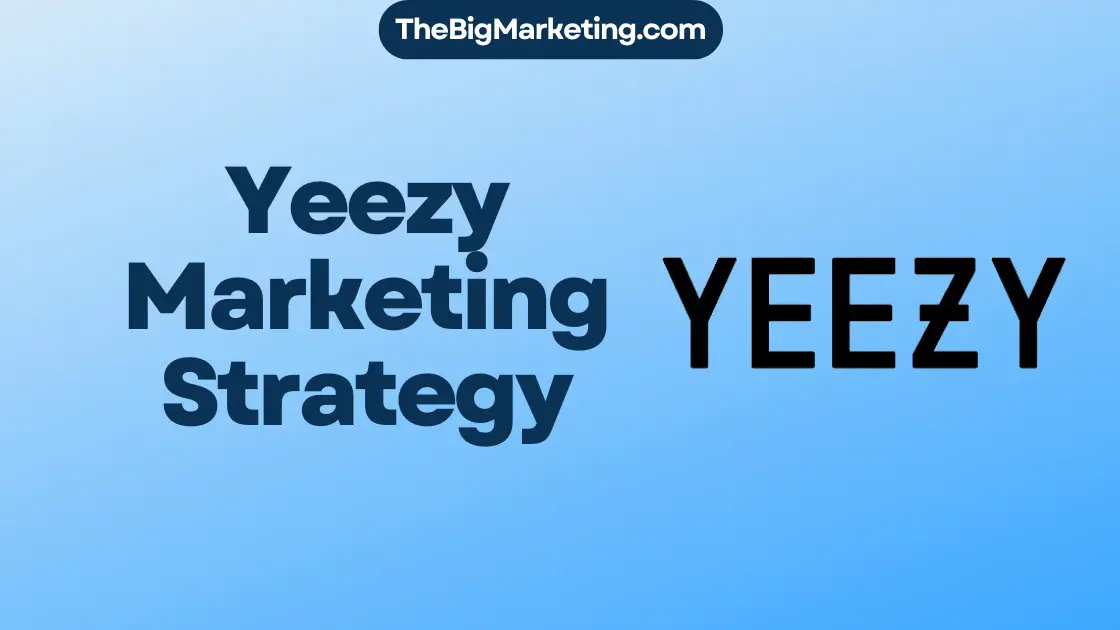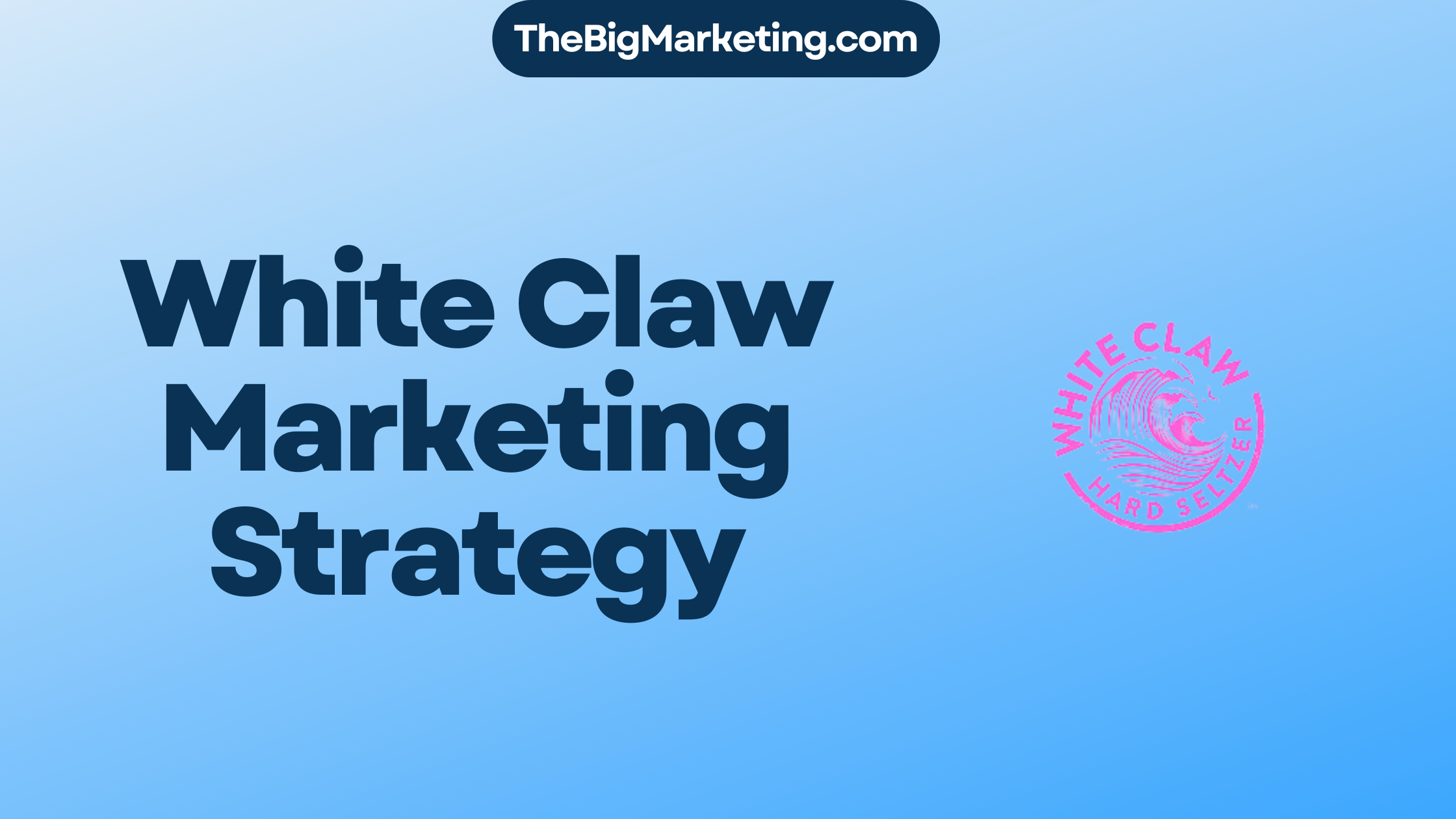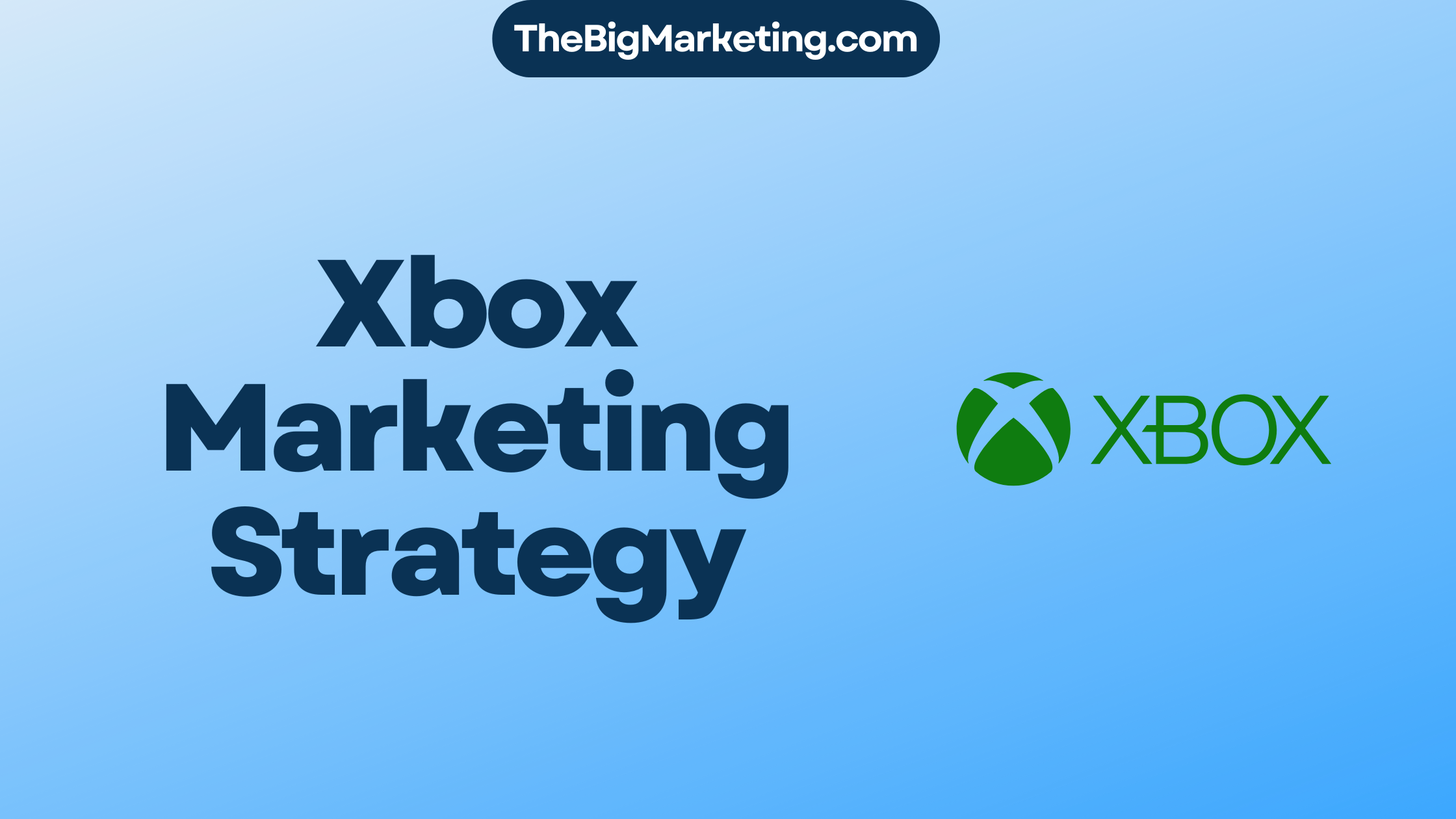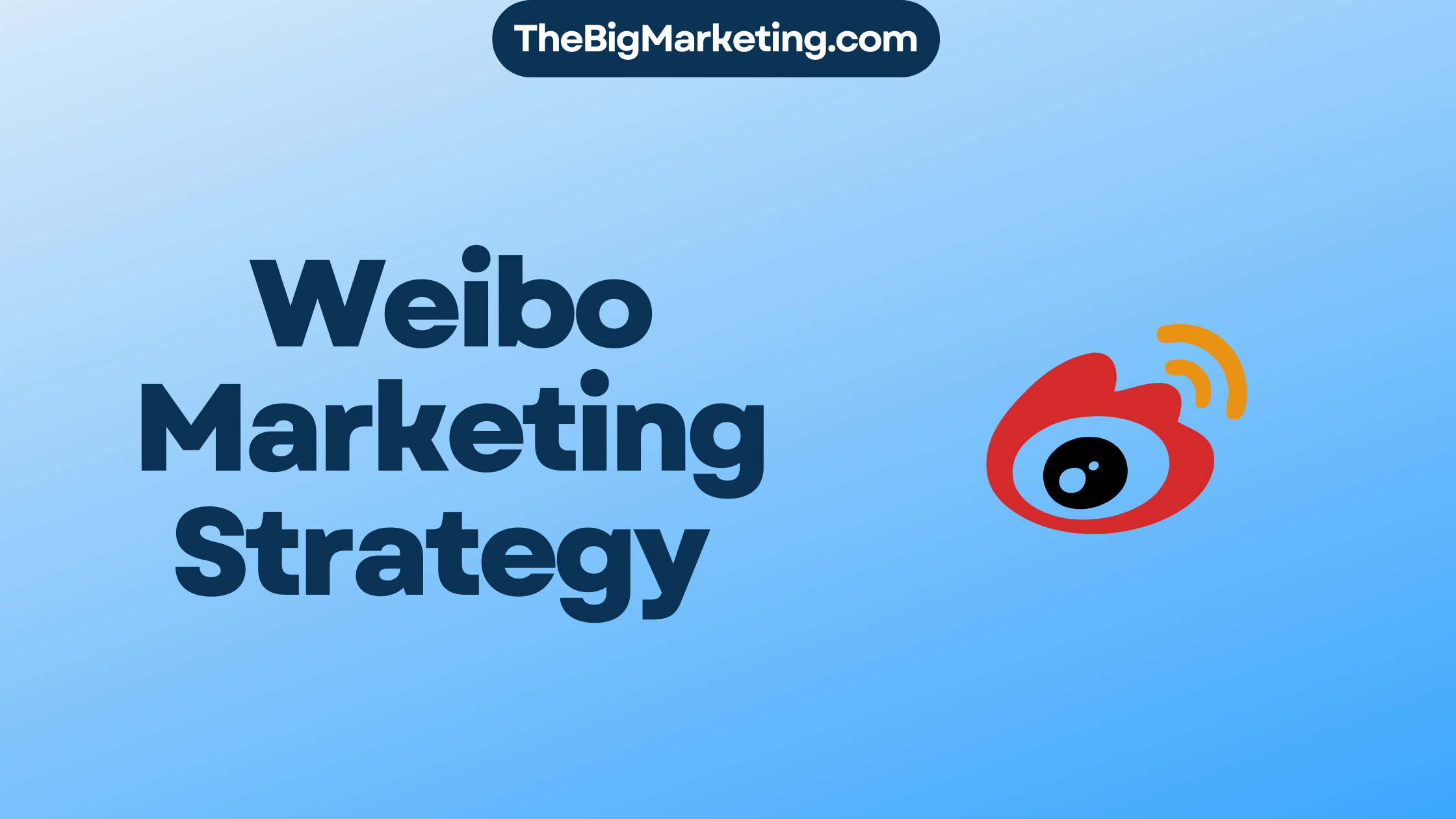LVMH is a French multinational luxury goods conglomerate that has established itself as a leader in the industry through its effective marketing strategies. As the company continues to evolve and adapt to the ever-changing landscape, its marketing strategy remains crucial in maintaining its position as a luxury brand powerhouse.
With a focus on brand management, LVMH ensures that each brand in its portfolio is well-positioned and differentiated in the market. This involves thorough target audience analysis and market research, allowing the company to understand the preferences and desires of its consumers.
One of the key elements of LVMH’s marketing tactics is the execution of innovative and captivating marketing campaigns. These campaigns not only create brand awareness, but also engage consumers on an emotional level, building a strong bond between the brand and its target audience.
Additionally, LVMH understands the importance of brand differentiation in a crowded luxury goods market. By offering products and experiences that are unmatched in terms of craftsmanship, quality, and exclusivity, the company sets itself apart from competitors and creates a unique value proposition for its customers.
The LVMH marketing strategy for 2024 is built on these foundations, with a continued focus on brand management, innovative campaigns, target audience analysis, market research analysis, and brand differentiation. This case study explores how LVMH’s marketing strategy has contributed to its success and how it continues to shape the future of luxury brand marketing.
Key Takeaways:
- LVMH’s marketing strategy focuses on brand management, innovative campaigns, target audience analysis, market research analysis, and brand differentiation.
- The company prioritizes understanding the preferences and desires of its consumers through thorough market research.
- LVMH executes captivating marketing campaigns that build strong emotional connections with its target audience.
- The company differentiates itself by offering unparalleled craftsmanship, quality, and exclusivity in its products and experiences.
- LVMH’s marketing strategy for 2024 continues to prioritize these key elements to maintain its position as a luxury brand powerhouse.
Founding History of LVMH
LVMH, one of the largest luxury goods conglomerates in the world, was founded in 1987 through the merger of Moët Hennessy and Louis Vuitton. This historic union brought together two iconic brands with rich histories in the luxury market.
Moët Hennessy, established in 1743, is renowned for its exceptional wines and spirits. Louis Vuitton, founded in 1854, has become synonymous with luxury leather goods and fashion. By combining their expertise, LVMH created a powerhouse conglomerate that spans multiple industries within the luxury sector.
The founding history of LVMH serves as a testament to the company’s commitment to exceptional craftsmanship and quality. With a diverse portfolio of brands, LVMH continues to redefine the world of luxury, offering customers unparalleled experiences and products.
| Year | Event |
|---|---|
| 1743 | Establishment of Moët Hennessy |
| 1854 | Foundation of Louis Vuitton |
| 1987 | Merger of Moët Hennessy and Louis Vuitton, creating LVMH |
LVMH Brands List
LVMH’s brand portfolio encompasses a remarkable lineup of over 70 prestigious names across various industries, including fashion, cosmetics, jewelry, wines and spirits, and hospitality. These esteemed brands contribute to LVMH’s status as a leading luxury goods conglomerate, catering to diverse consumer preferences and desires.
Luxury Fashion Brands
1. Louis Vuitton
2. Christian Dior
3. Fendi
4. Givenchy
Exquisite Cosmetics Brands
1. Sephora
Timeless Jewelry Brands
1. Bulgari
World-Renowned Wines and Spirits
1. Moët & Chandon
Hospitality and Fine Dining
Currently, LVMH does not have any brands specifically in the hospitality industry.
| Industry | Brands |
|---|---|
| Fashion | Louis Vuitton, Christian Dior, Fendi, Givenchy |
| Cosmetics | Sephora |
| Jewelry | Bulgari |
| Wines and Spirits | Moët & Chandon |
| Hospitality | No brands currently available |
Marketing Strategies of LVMH
LVMH, as a leading luxury goods conglomerate, implements various marketing strategies to maintain its prominent position in the industry. These strategies are carefully designed and executed to maximize brand visibility, enhance customer experience, and drive sales. The key marketing strategies employed by LVMH include:
1. Brand Portfolio Strategy
LVMH’s brand portfolio strategy focuses on creating a diverse range of luxury brands, each with its own individualized positioning. This allows the conglomerate to cater to different market segments while maintaining a cohesive overall brand image. By carefully curating and managing its brand portfolio, LVMH effectively leverages the strengths and uniqueness of each brand within its portfolio.
2. Premium Positioning
An essential aspect of LVMH’s marketing strategy is its premium positioning. The conglomerate emphasizes exclusivity, high-end quality, and craftsmanship across its luxury brands. This positioning creates a perception of luxury and prestige, attracting affluent consumers who appreciate and seek out the finest products and experiences.
3. Customer Experience
LVMH places a strong emphasis on providing a captivating customer experience. From the moment a customer interacts with an LVMH brand, whether in-store or online, the focus is on creating a memorable and personalized experience. By understanding and meeting the needs and desires of their target audience, LVMH enhances brand loyalty and strengthens its customer base.
4. Advertising Strategy
LVMH’s advertising strategy combines traditional and digital channels to reach a wide range of consumers. The conglomerate leverages its marketing expertise to create compelling campaigns that engage and resonate with their target audience. Whether through print ads, television commercials, social media promotions, or experiential events, LVMH ensures its luxury brands remain top-of-mind and capture the attention of discerning consumers.
Overall, LVMH’s marketing strategies encompass a comprehensive approach that covers brand portfolio management, premium positioning, customer experience, and advertising excellence. By continuously evolving and adapting to changing market dynamics, LVMH continues to set the standard for luxury brand marketing in the industry.
| Marketing Strategies of LVMH | Description |
|---|---|
| Brand Portfolio Strategy | Emphasizes diversity and individualized positioning of each brand within the conglomerate’s portfolio. |
| Premium Positioning | Emphasizes exclusivity, high-end quality, and craftsmanship across all luxury brands. |
| Customer Experience | Focuses on providing a captivating and personalized experience for customers. |
| Advertising Strategy | Utilizes a mix of traditional and digital channels to reach a wide range of consumers. |
LVMH’s Digital Transformation
LVMH, as a leading luxury goods conglomerate, has recognized the importance of embracing digital transformation in order to adapt to the changing consumer landscape and leverage evolving eCommerce trends. With a commitment to staying ahead in the digital age, LVMH has made significant investments in digital innovation and implemented a strategic online approach to provide an exceptional customer experience.
One notable initiative undertaken by LVMH is the launch of a multi-brand eCommerce site called 24 Sèvres. This platform offers a curated selection of luxury products from various LVMH brands, providing customers with the convenience of shopping for their favorite luxury items all in one place. To further enhance the online shopping experience, 24 Sèvres offers personalized services such as video consultations and interactive features, ensuring that customers receive tailored assistance and recommendations.
LVMH’s digital advertising strategy capitalizes on the power of social media platforms, leveraging influencer collaborations and immersive experiences to engage with younger luxury consumers. By strategically partnering with influential individuals and leveraging their reach, LVMH is able to create buzz and generate interest in its brands among the target audience. Additionally, LVMH employs immersive experiences, such as virtual reality and augmented reality, to provide customers with interactive and innovative ways to explore and engage with its luxury offerings.
The Rise of eCommerce Trends
The rise of eCommerce has significantly impacted the luxury goods industry, transforming the way consumers shop for luxury products. Online shopping has become increasingly popular, offering convenience, accessibility, and a wider range of options to consumers. To stay relevant and meet the expectations of tech-savvy luxury consumers, LVMH has embraced digital transformation and incorporated eCommerce trends into its business strategy.
With the increasing popularity of online shopping, LVMH has recognized the importance of providing customers with a seamless and enjoyable online experience. Through its digital innovation initiatives, LVMH aims to create a digital ecosystem that seamlessly integrates online and offline channels, allowing customers to interact with their favorite luxury brands across platforms. This integration ensures consistency and enhances the overall customer experience, regardless of the channel through which customers choose to engage with LVMH brands.
Enhancing the Customer Experience
Central to LVMH’s digital transformation is the focus on delivering an exceptional customer experience. LVMH understands that in the digital age, customers expect personalized interactions and a seamless shopping journey. By investing in their digital infrastructure and leveraging data-driven insights, LVMH is able to provide personalized recommendations and tailor the customer experience to individual preferences.
Furthermore, LVMH’s online strategy prioritizes the integration of digital tools and technologies that enhance customer interaction and engagement. From virtual consultations to interactive product displays, LVMH leverages digital innovation to create immersive and captivating experiences for customers, augmenting the emotional connection they have with the brand and its offerings.
To complement its digital efforts, LVMH continues to invest in providing exceptional offline experiences through its physical stores and events. By blending the online and offline realms, LVMH ensures that customers have a holistic and cohesive brand experience, regardless of their preferred shopping channel.
In conclusion, LVMH’s digital transformation is a strategic response to the evolving consumer landscape and the growing influence of eCommerce trends. By embracing digital innovation, employing an online strategy focused on customer experience, and leveraging immersive digital advertising, LVMH is able to engage with luxury consumers in new and meaningful ways while redefining the boundaries of the luxury goods industry.
LVMH’s Customer Experience (CX)
LVMH understands the significance of providing an exceptional customer experience, both online and offline. The company believes in delivering personalized interactions that anticipate customer needs and exceed luxury consumer expectations. LVMH has made substantial investments in its digital infrastructure to ensure a seamless and rewarding experience for consumers.
By integrating online and offline channels, LVMH creates a cohesive journey for customers, enabling them to seamlessly transition between the two platforms. This integration allows customers to interact with the brand in a way that suits their preferences and offers a consistent experience across different touchpoints.
LVMH’s commitment to customer experience extends beyond the initial purchase. The company aims to build long-term relationships with its customers by providing personalized after-sales service and ongoing support. Whether it’s offering personalized product recommendations or providing exclusive access to events and promotions, LVMH strives to create a sense of exclusivity and enhance customer loyalty.
The customer experience is a core element of LVMH’s marketing and advertising strategy. It recognizes that delivering a captivating experience influences brand perception, shapes customer loyalty, and ultimately drives business growth.
Personalized Interactions
At the heart of LVMH’s customer experience strategy are personalized interactions. The company aims to understand its customers on an individual level, tailoring its offerings to their preferences and desires. By leveraging customer data and insights, LVMH can offer personalized product recommendations, customized services, and exclusive perks that resonate with each customer.
Luxury Consumer Expectations
LVMH acknowledges that luxury consumers have high expectations when it comes to their brand experiences. In an increasingly digital world, luxury consumers expect seamless online and offline experiences, exceptional customer service, and access to exclusive offerings. LVMH strives to meet and exceed these expectations by continually innovating and adapting to changing consumer demands.
Online and Offline Integration
LVMH understands the importance of integrating online and offline channels to create a holistic customer experience. The company’s digital infrastructure enables customers to seamlessly interact with the brand across various platforms, from e-commerce websites to social media channels. This integration not only enhances convenience for customers but also allows LVMH to gather valuable insights and data that inform its marketing strategies.
Digital Infrastructure
LVMH has invested significantly in its digital infrastructure to support its customer experience initiatives. This includes robust e-commerce platforms, mobile applications, and data analytics capabilities. By leveraging digital technologies, LVMH can provide a seamless online shopping experience, personalized recommendations, and targeted marketing campaigns that resonate with its customers.
The image above illustrates the integration of online and offline channels in LVMH’s customer experience strategy. The seamless connection between multiple touchpoints ensures a cohesive and engaging brand experience for customers.
LVMH’s Advertising Strategy
LVMH’s advertising strategy is a key element in establishing brand awareness, engaging customers, and creating compelling brand narratives. The company employs a comprehensive approach, leveraging both traditional and digital marketing channels to reach a wide range of consumers. With a growing emphasis on digital platforms, particularly social media, LVMH successfully connects with its target audience and drives brand loyalty.
Digital Marketing and Social Media
In today’s digital age, LVMH recognizes the significance of digital marketing and social media in reaching and influencing consumers. Leveraging these platforms allows the company to connect with its audience on a more personal level, driving engagement and fostering a sense of community. LVMH utilizes a range of strategies on social media, including targeted ads, influencer collaborations, and interactive content, to amplify brand presence and generate buzz.
Celebrity Endorsements
LVMH’s advertising strategy also includes partnering with celebrities and style icons to endorse their brands. Collaborating with renowned personalities helps create a strong association between the brand and the celebrity’s image, attracting fans and followers who admire and aspire to their lifestyle. This endorsement strategy enhances brand visibility and credibility, building a powerful brand identity in the eyes of consumers.
Personalized Experiences
Personalization is another vital aspect of LVMH’s advertising strategy. The company aims to create unique and exclusive experiences for its customers, fostering a deeper connection between the brand and the consumer. LVMH achieves this through exclusive collaborations, immersive events, and interactive campaigns that allow customers to engage with the brand in a personalized and memorable way. These experiences not only increase customer engagement but also enhance brand perception and loyalty.
By combining a mix of traditional and digital marketing strategies, collaborating with celebrities, and providing personalized experiences, LVMH’s advertising strategy amplifies brand awareness, engages customers, and cultivates a strong brand identity. As the luxury goods market continues to evolve, LVMH remains at the forefront of innovative advertising methods, ensuring its brands consistently capture the attention and loyalty of their target audience.
Louis Vuitton’s Advertising Strategy
The advertising strategy of Louis Vuitton focuses on highlighting the brand’s rich heritage, exceptional craftsmanship, and iconic LV initials. This approach aims to resonate with the target audience of younger luxury consumers who value both tradition and contemporary style. To further enhance the brand’s image, Louis Vuitton collaborates with renowned fashion icons and celebrities who serve as brand ambassadors.
In today’s digital age, Louis Vuitton has successfully incorporated digital platforms, especially social media, into its advertising strategy. By leveraging the power of social media, the brand is able to reach and engage with a wider audience, including millennials and Gen Z consumers. This digital marketing approach enables Louis Vuitton to maintain brand integrity while adapting to the evolving media landscape.
Moreover, Louis Vuitton’s advertising strategy extends beyond traditional campaigns, utilizing immersive experiences to captivate consumers. The brand creates experiential campaigns that provide a unique and memorable journey for customers, fostering a deeper connection with the brand. Collaborations with other luxury brands and philanthropic initiatives further strengthen the brand’s image and contribute to its captivating appeal.
Celebrity Collaborations
| Celebrity | Year |
|---|---|
| Alicia Vikander | 2015 |
| Emma Stone | 2018 |
| Timothée Chalamet | 2020 |
Louis Vuitton’s Experiential Advertising
Louis Vuitton understands the power of experiential advertising in creating memorable brand interactions. The brand goes beyond traditional marketing methods by designing immersive campaigns that offer personalized and interactive experiences for consumers. Through experiential advertising, Louis Vuitton aims to forge a deeper connection with its audience and leave a lasting impression.
One of the key elements of Louis Vuitton’s experiential advertising is the integration of event-specific tags in its social media posts. These tags help streamline communication and engagement with followers, allowing the brand to promote specific events, product launches, or collaborations effectively. By leveraging social media platforms, Louis Vuitton extends its reach and connects with a broader audience.
The brand’s commitment to brand integrity and consistency is evident across its digital marketing efforts. Louis Vuitton ensures that its advertising campaigns align with its brand values and maintain the aesthetic appeal that its customers have come to expect. Whether through captivating visuals, storytelling, or creative collaborations, Louis Vuitton’s digital advertising strategies uphold its brand’s integrity, securing the trust and loyalty of its audience.
Louis Vuitton leverages various digital platforms to showcase its products, collaborations, and events. Through strategic digital marketing initiatives, the brand captivates the attention of younger luxury consumers and remains relevant in an increasingly digital world. Louis Vuitton understands the importance of social media and uses it as a powerful tool to engage with its audience, share unique experiences, and strengthen brand perception.
Benefits of Louis Vuitton’s Experiential Advertising:
- Creates personalized and memorable brand experiences for consumers
- Increases engagement and fosters deeper connections with the audience
- Effectively promotes events, product launches, and collaborations through event-specific tags
- Maintains brand integrity and consistency across digital marketing efforts
- Captures the attention of younger luxury consumers through strategic digital marketing initiatives
- Strengthens brand loyalty and trust
Example of Louis Vuitton’s Experiential Advertising:
| Campaign | Description |
|---|---|
| Experience the Spellbound Collection: An immersive pop-up exhibition that takes visitors on a journey through the craftsmanship and artistry behind Louis Vuitton’s iconic designs. Visitors can explore interactive installations, watch live demonstrations, and even personalize their own pieces with custom engravings. |
Conclusion
LVMH’s marketing strategy has positioned the company as a leader in the luxury goods industry, showcasing the power of brand management, innovative campaigns, and customer engagement. With over 70 prestigious brands in its portfolio, LVMH has successfully crafted a strategy that revolves around delivering exceptional craftsmanship, quality, and exclusivity.
The company’s commitment to digital transformation and customer experience has played a pivotal role in its success. By embracing digital innovation, LVMH has adapted to changing consumer preferences and leveraged eCommerce trends effectively. This includes the development of a multi-brand eCommerce site, 24 Sèvres, which offers personalized services and enhances the customer journey.
Through its advertising strategy, LVMH has created brand awareness, engaged with consumers, and established a captivating brand image. The use of traditional and digital marketing channels, along with collaborations with celebrities and style icons, has allowed LVMH to appeal to a diverse target audience. The focus on personalized experiences and immersive campaigns further enhances customer engagement.
In conclusion, LVMH’s marketing strategy has propelled its luxury brands to unprecedented success. By embracing innovation, focusing on brand management, and prioritizing customer engagement, LVMH has solidified its position as one of the largest and most influential luxury goods conglomerates in the world. As the market landscape continues to evolve, LVMH’s commitment to excellence and customer-centric approach will undoubtedly drive its continued success in the years to come.
FAQ
What is the founding history of LVMH?
LVMH was founded in 1987 through the merger of Moët Hennessy and Louis Vuitton, two companies with a long history in the luxury goods industry.
Which brands are included in LVMH’s portfolio?
LVMH’s brand portfolio includes over 70 prestigious names, such as Louis Vuitton, Moët & Chandon, Christian Dior, Fendi, Givenchy, Bulgari, and Sephora.
What marketing strategies does LVMH employ?
LVMH’s marketing strategies include brand management, brand portfolio strategy, premium positioning, customer experience focus, and a mix of traditional and digital advertising channels.
How has LVMH embraced digital transformation?
LVMH has invested in digital innovation, developed an online strategy, and introduced a multi-brand eCommerce site, 24 Sèvres. The company also focuses on digital advertising and engaging with younger luxury consumers.
How does LVMH prioritize customer experience?
LVMH focuses on personalized interactions, integrating online and offline channels, and investing in digital infrastructure to provide a seamless customer experience.
What is LVMH’s advertising strategy?
LVMH utilizes a mix of traditional and digital marketing channels, collaborates with celebrities and style icons, and creates personalized experiences to engage with consumers and enhance brand perception.
What is Louis Vuitton’s advertising strategy?
Louis Vuitton’s advertising strategy emphasizes its core products, brand heritage, and distinctive LV initials. The brand also uses digital platforms and collaborates with celebrities to reach a broader audience.
How does Louis Vuitton incorporate experiential advertising?
Louis Vuitton creates personalized and interactive experiences through experiential campaigns, event-specific tags in social media posts, and a focus on brand integrity across different digital platforms.
What is the key to LVMH’s marketing success?
LVMH’s marketing success is driven by innovative campaigns, brand management, and customer engagement strategies that prioritize exceptional craftsmanship, quality, and exclusivity.
